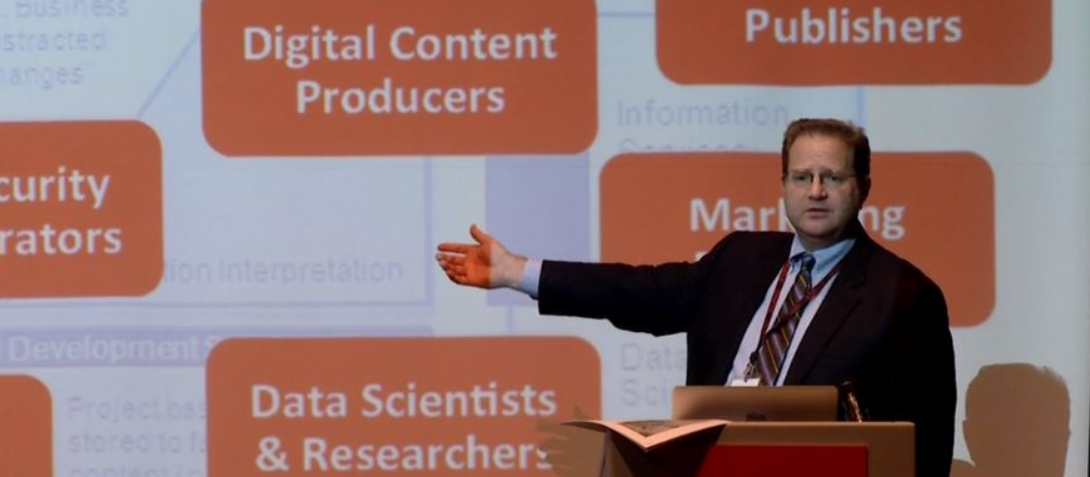Social Media’s a scary animal, especially for companies or organizations that are accountable to stakeholders, policy, law or any other governing entity that exists to mitigate risk. Also, social media is an online collaboration channel and tools domain that’s most appropriately and effectively utilized by humans, i.e. individual personalities (preferably employees) – vs. corporate personas or third-party services. So how does a company begin to use social media, break into and contribute to the online dialogue, and avoid reputation issues while maintaining appropriate accountability? Find, identify, nurture, coach and ultimately unleash your employee social media stars – they’ll be the face of the company, the purveyors of online dialogue, and will most likely do a great job at it. Why and how? First of all, the social media platforms and tools are the dominion of the Internet-literate, the digerati, typically those more inclined and interested to communicate online at least as often...
